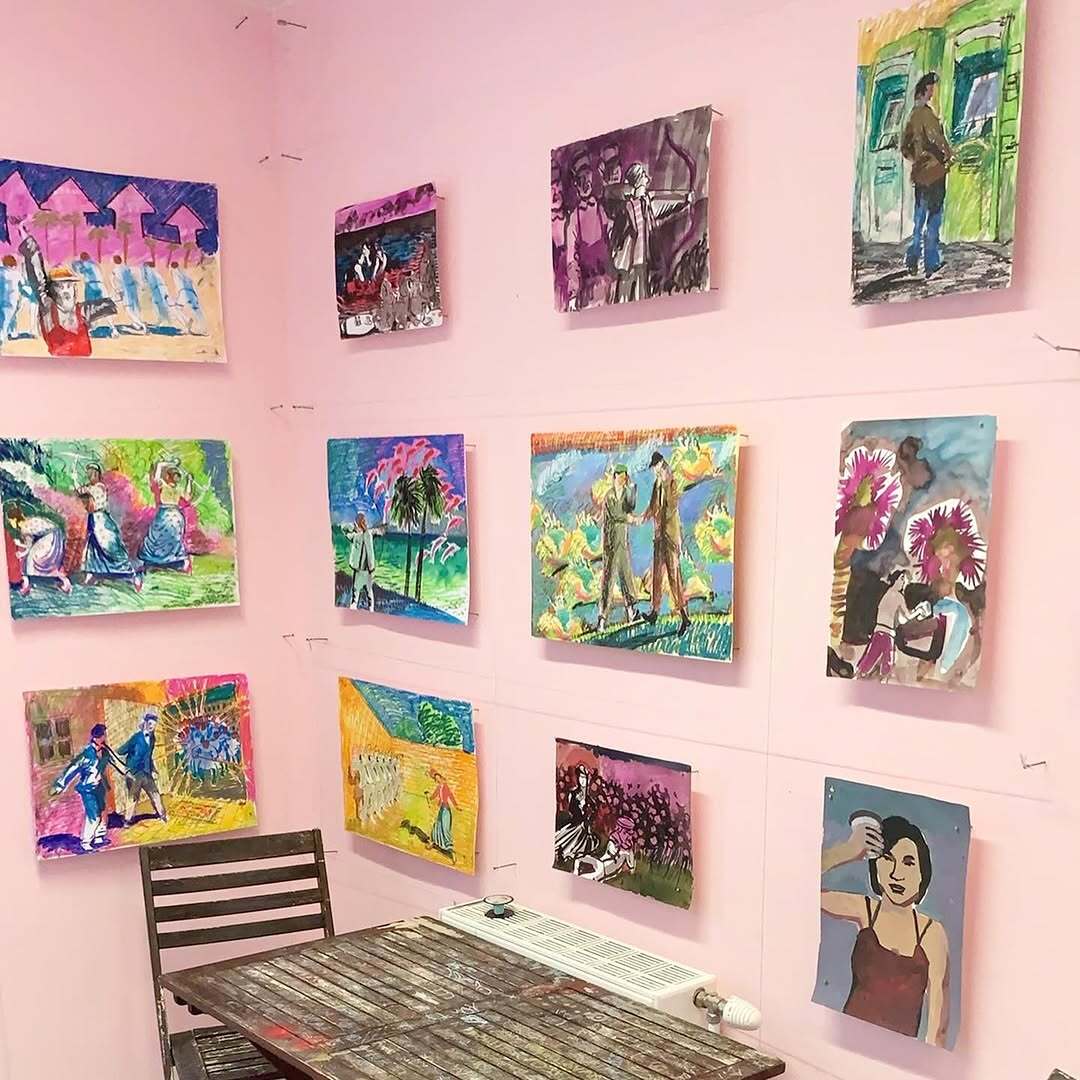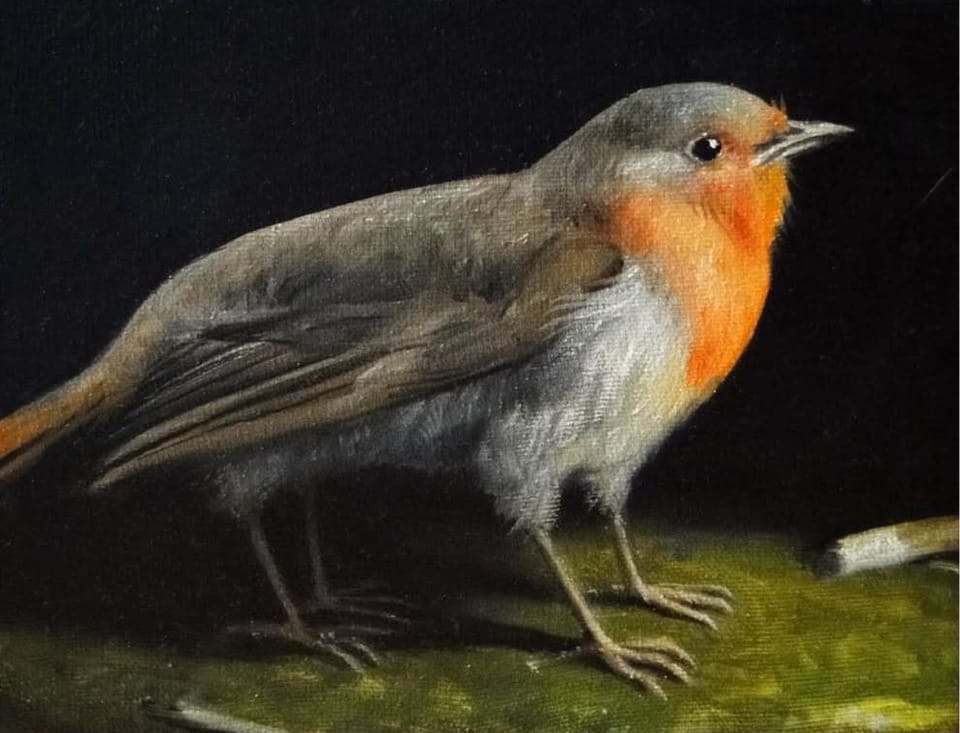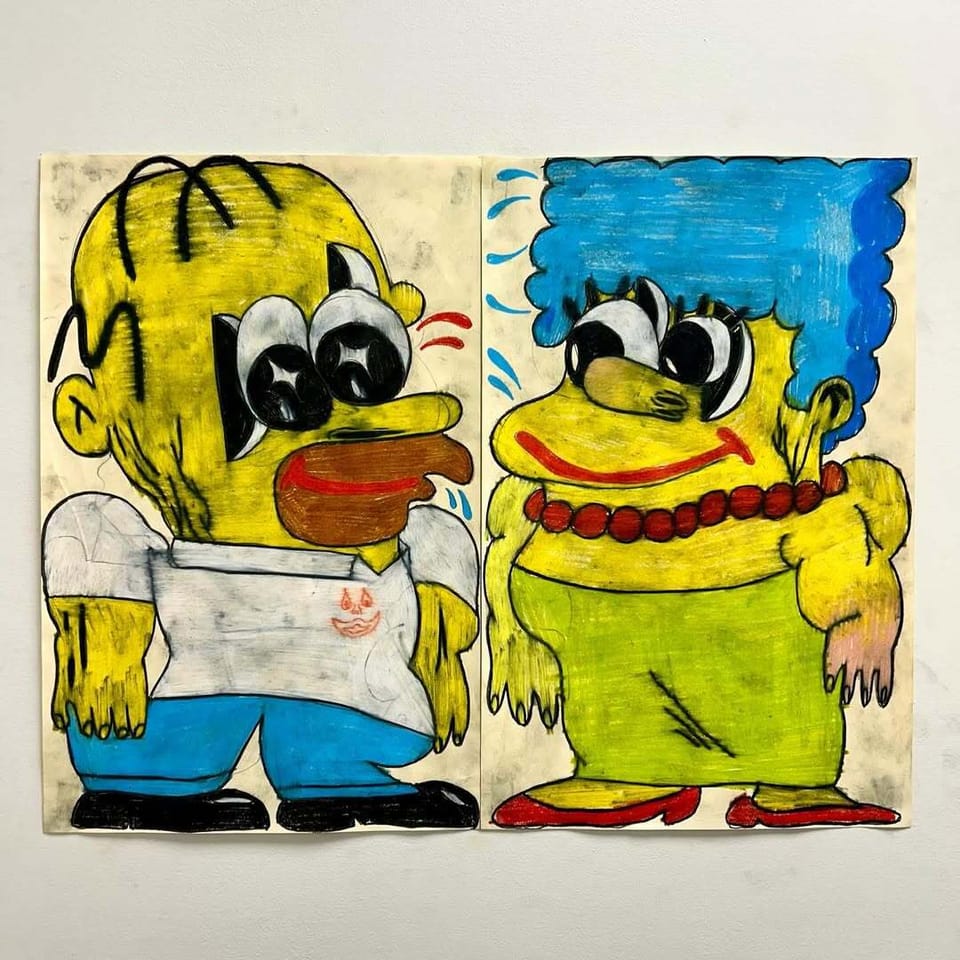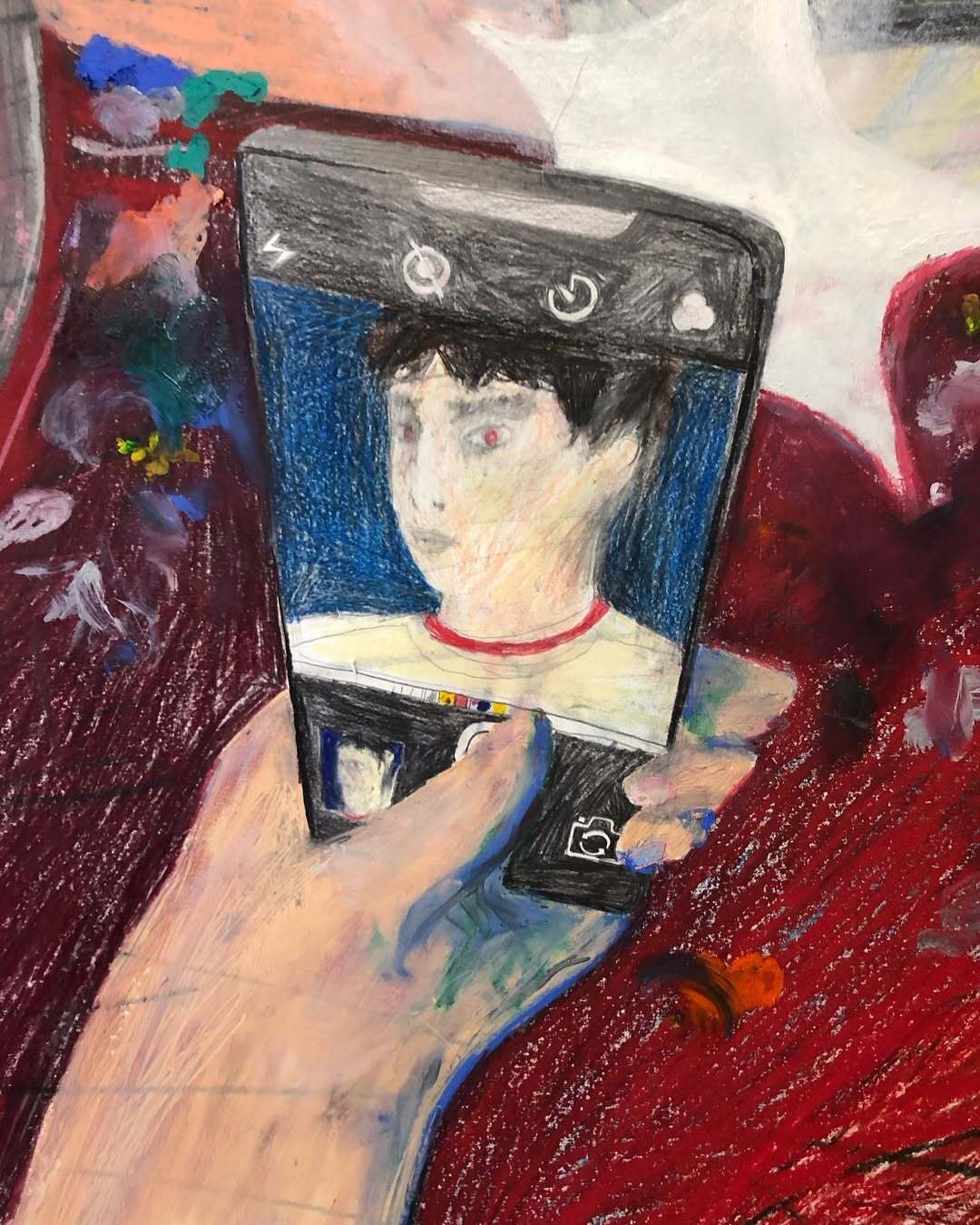Natalia Gurova: Sculpting Temporalities and Space
Discover the mesmerizing world of Natalia Gurova, a Vienna-based sculptor and installation artist. Her works explore materiality, space, and transformation, evident in her standout pieces like "What if I already had been?" and "A place you shall not name."

Sharpness of Perception and the work of Natalia Gurova an Introduction:
Natalia Gurova, a promising artist from Vienna, Austria, creating avant-garde sculptures and installations.
My perception and understanding of art constantly transform, so my working methods change. I am influenced by what is happening around me on a micro and macro level. At the moment, I would like to remain a sensitive artist who does not lose the sharpness of perception. And to retain the ability to hear, see, and show what, at first glance, may seem insignificant. – by Natalia Gurova
Her art intricately examines the relationships between materiality, space, and the transient nature of existence.
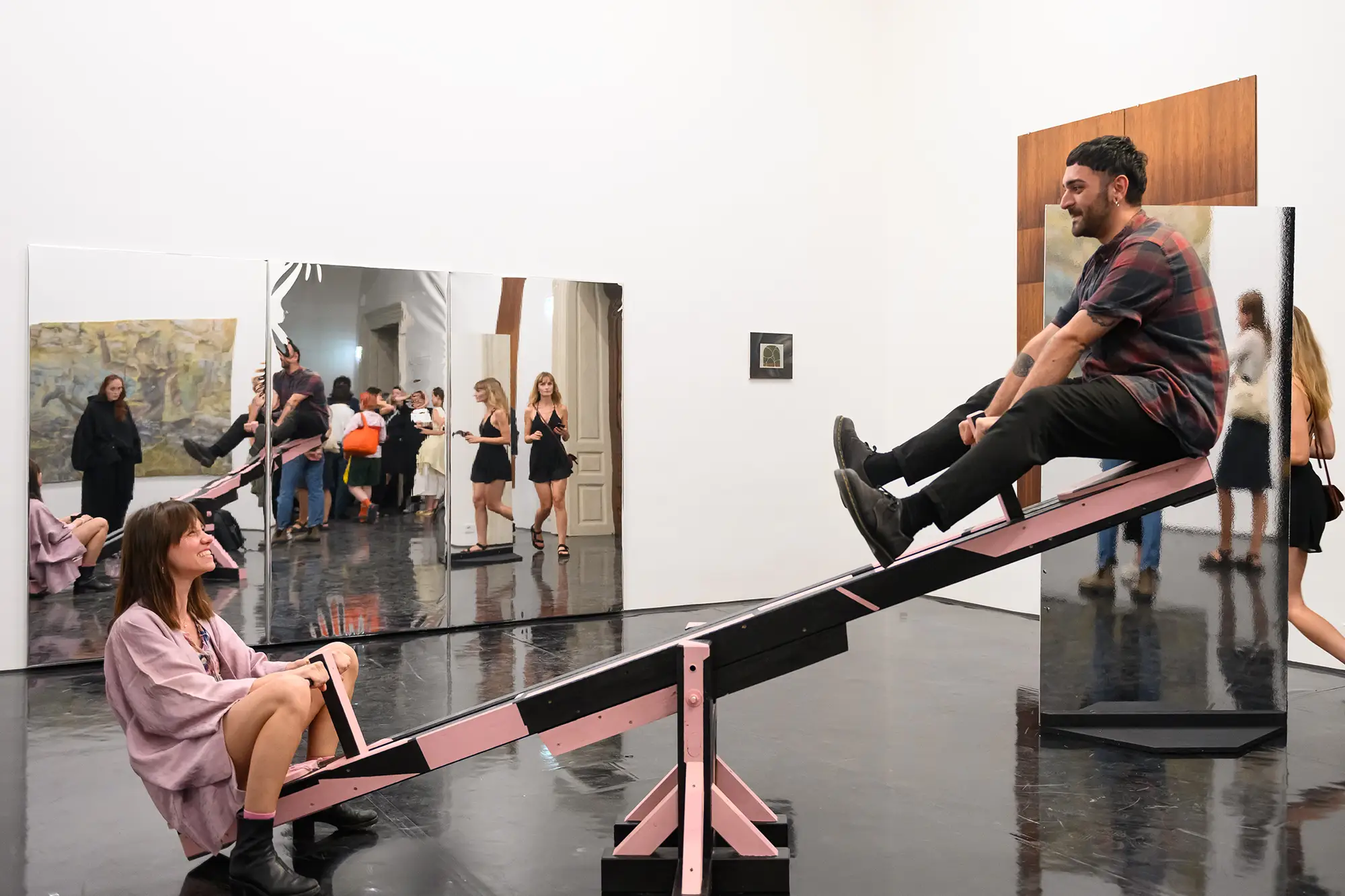
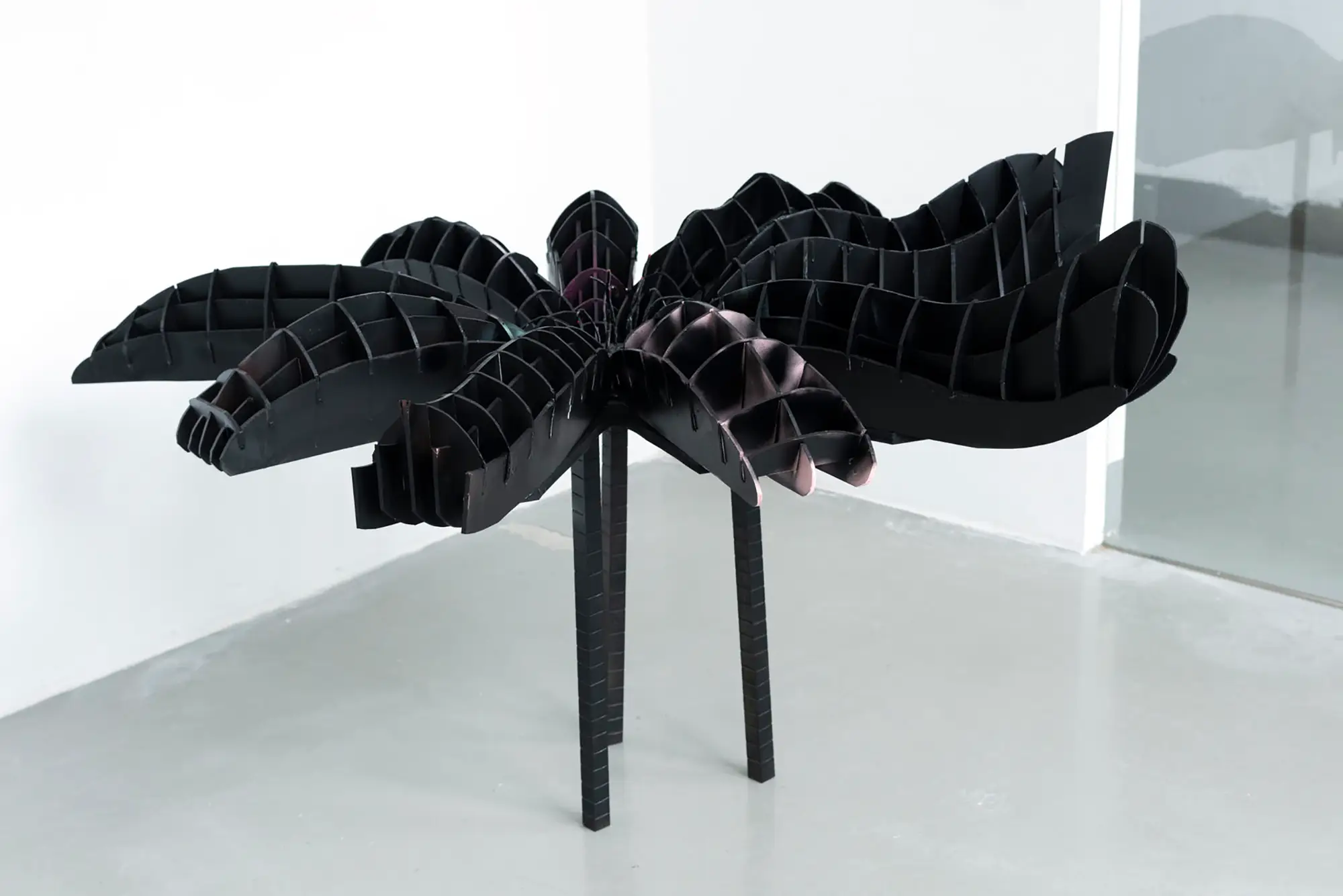
Gurova's work invites viewers into a dialogue about transformation and the temporal dimensions of our world.
Natalia Gurova: Bridging Journalism and Art
Originally from Belarus, Natalia Gurova now calls Vienna home. Her artistic journey is deeply influenced by her extensive background in journalism, with over a decade of experience in Russia.
This rich history informs her art, blending narrative depth with cultural commentary.
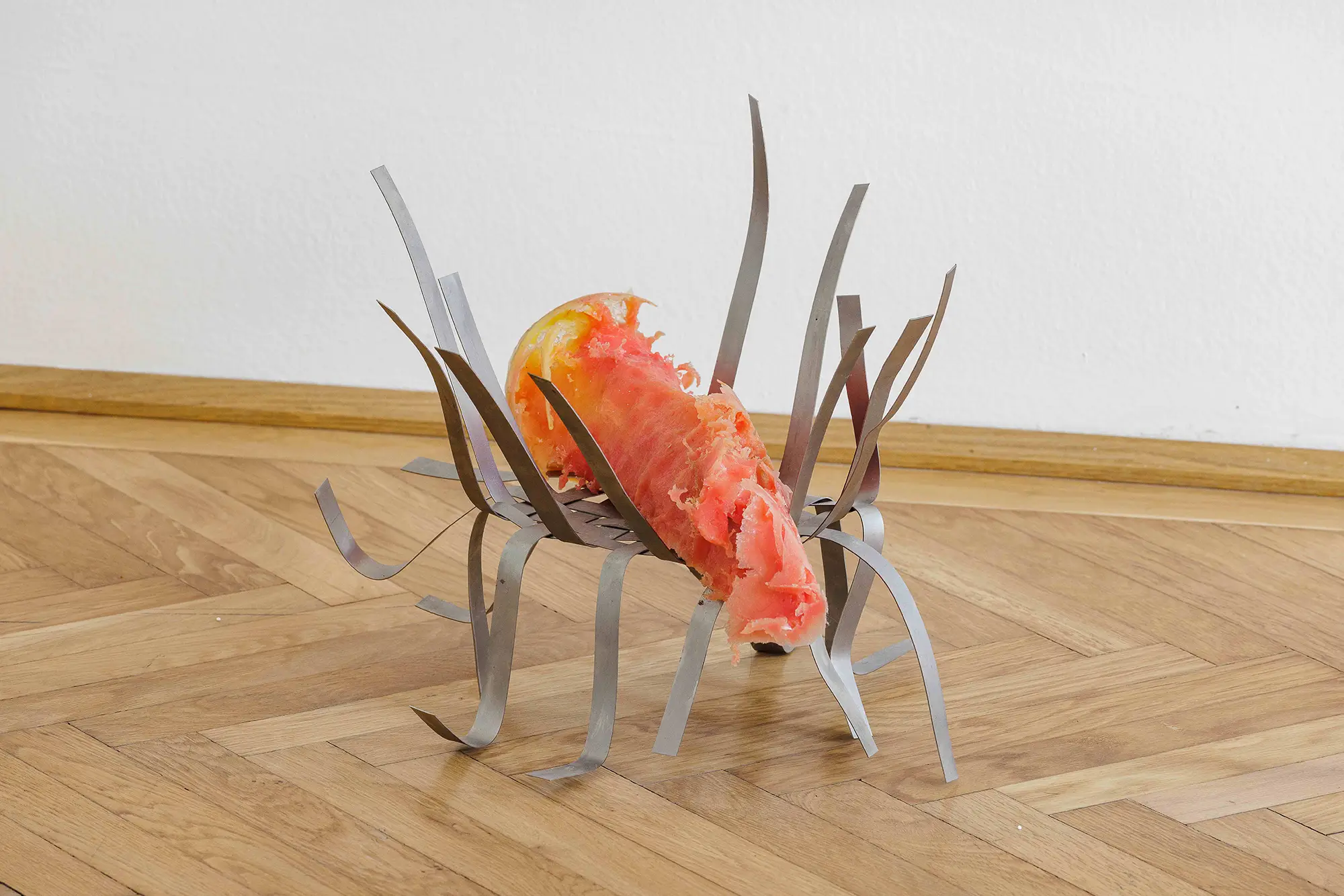
She studies site-specific art at the University of Applied Arts Vienna and object sculpture at the Academy of Fine Arts Vienna.
This unique combination of disciplines imbues her work with a profound narrative quality and cultural resonance.
What Kind of Art Does Natalia Gurova Create?
Gurova's art is a versatile tapestry of:
- Sculpture
- Printmaking
- Drawing
- Poetry
- Site-specific installations
Her work defies traditional categories, merging various mediums and disciplines. Themes of speculative storytelling, spatial experiments, and post-Soviet contexts frequently emerge in her art.
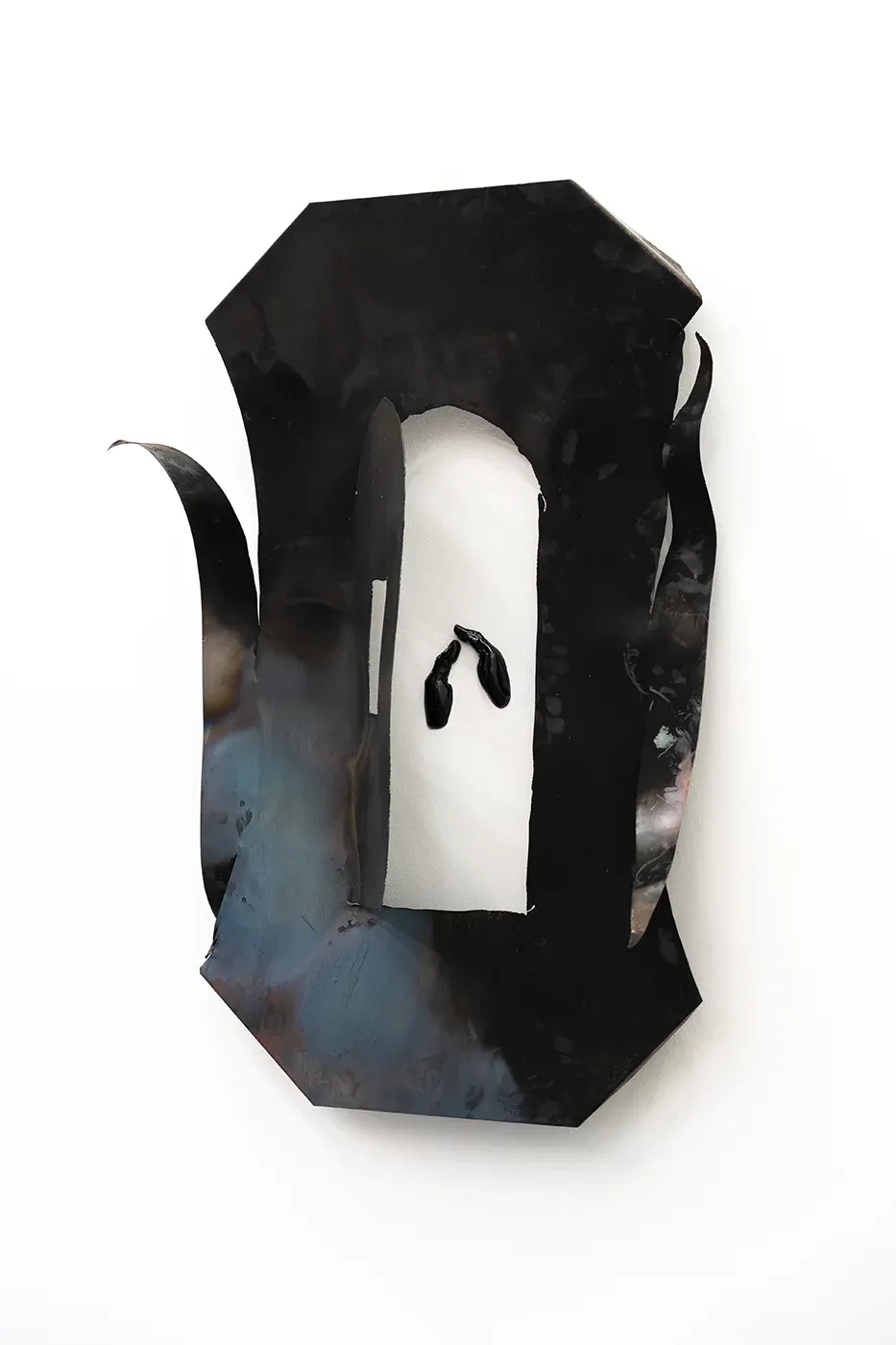
Her dynamic range and versatility are evident in exhibitions like Vienna Art Week, PARALLEL VIENNA, and the Austrian Cultural Forum in London.
Multidisciplinary Practice: A Fusion of Techniques and Themes
Gurova’s artistic approach is inherently multidisciplinary, seamlessly integrating sculpture, printmaking, drawing, installations, and curatorial projects.
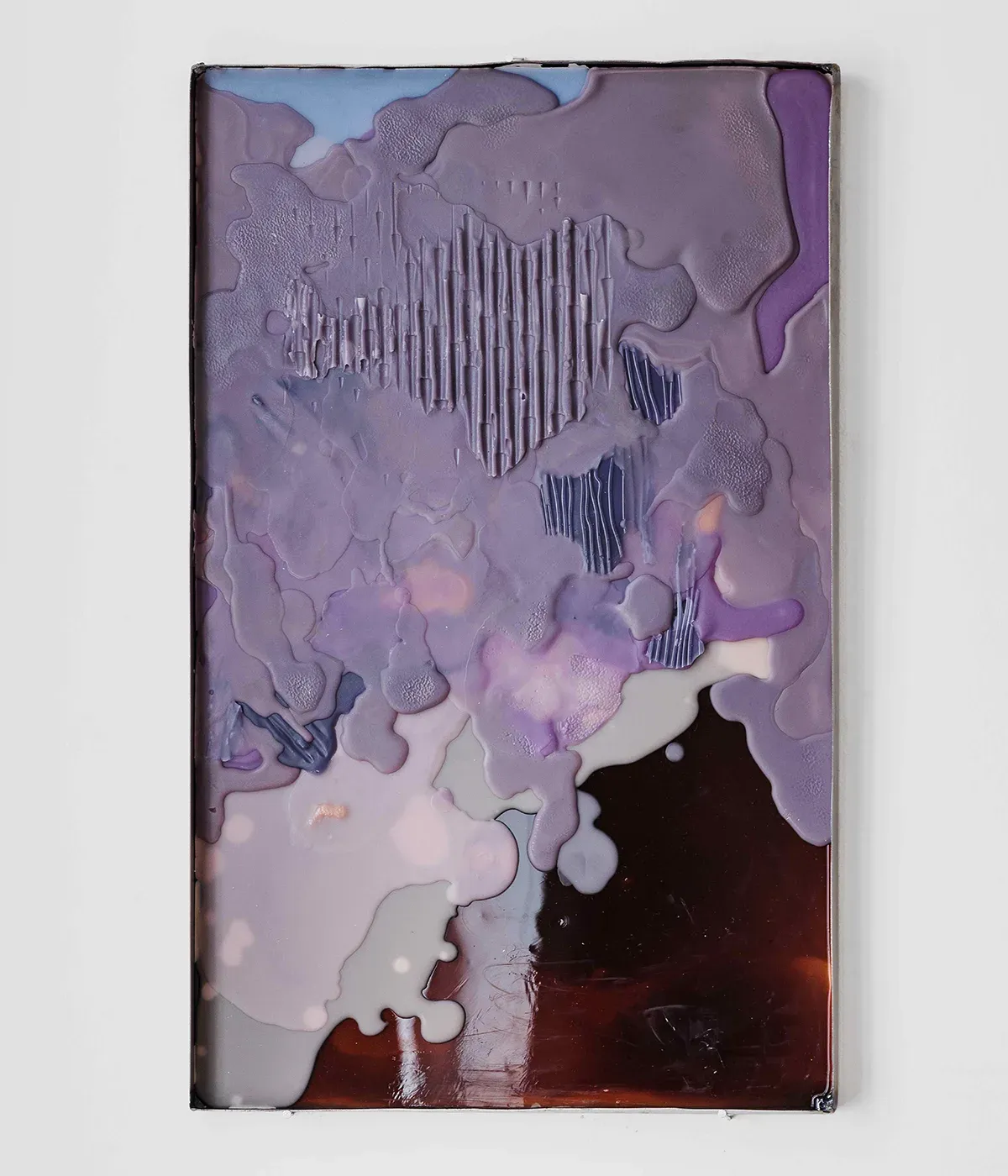
Her work delves into speculative storytelling, spatial experiments, post-Soviet narratives, concepts of time, and the act of collecting.
By transcending categorical boundaries, she weaves diverse artistic practices and cultural narratives into cohesive, engaging works.
Exploring Materiality and Space
Materiality and space are central to Gurova’s work. She employs materials like metal, silicone, wood, and plastic, questioning their origins and associated notions of possession and belonging.
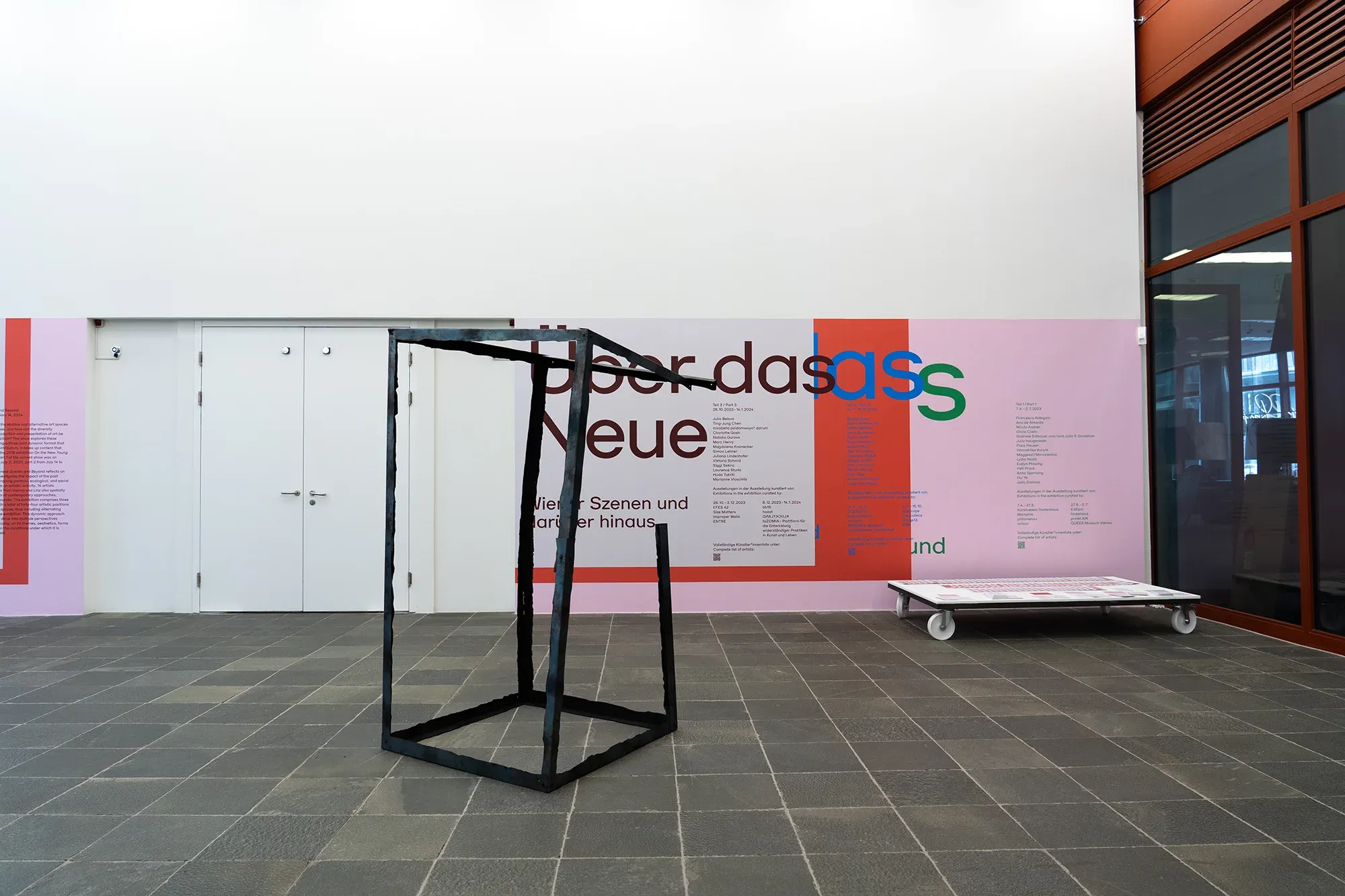
In her reduced objects, which merely suggest a corner of a room or a collapsing cube, Natalia
Gurova alludes to voids. While the bare aesthetics of the sculptures made of sooted industrial sheet metal refer to Minimal Art, title “A place you shall not name” emphasizes their political dimension.
This impression reinforced by the audio work. We can hear the noises generated during the processing of the sheet metal. In view of current world political events, the increasing and decreasing sound inevitably evokes associations with bomb attacks or military
battles. What might have happened here ultimately remains unanswered, leading to a range of thoughts and speculations.
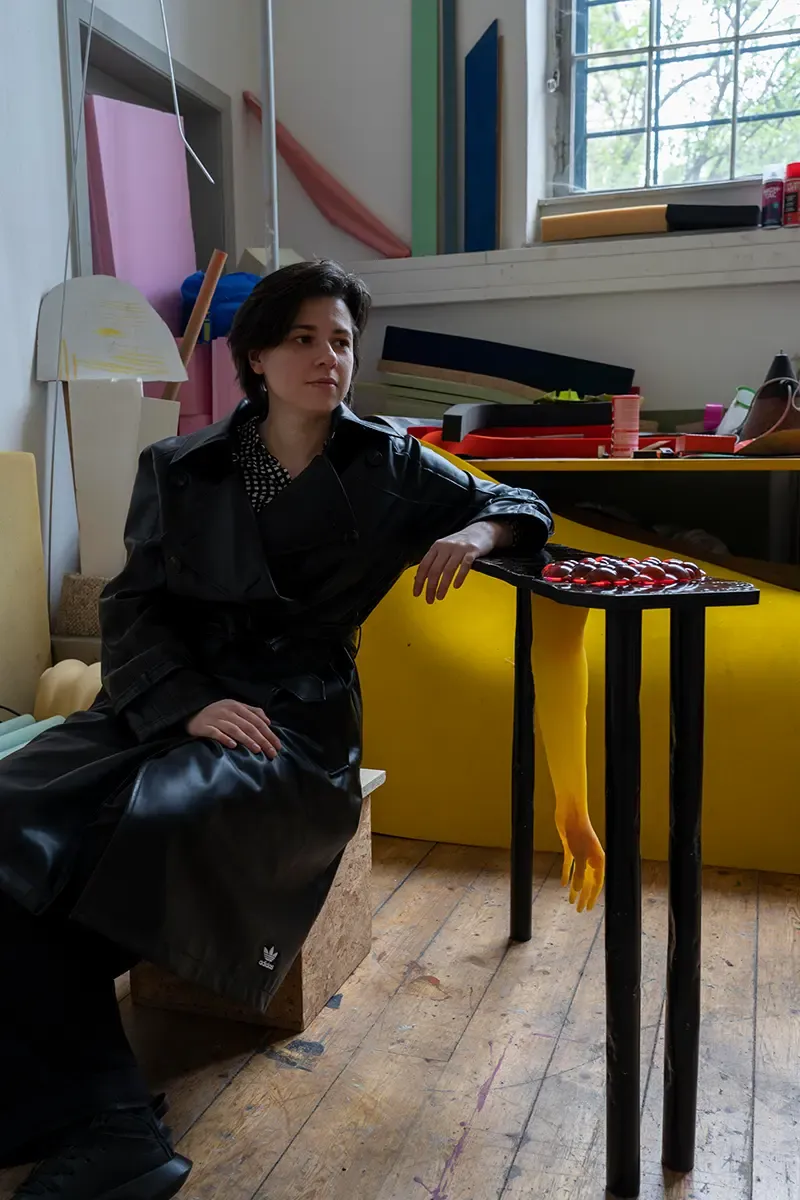
Her interest in class and historical contexts, along with the symbolic nature of objects, drives her exploration.
Sculpture and installation, and their spatial relationships, are crucial to her practice, creating immersive environments that challenge and engage viewers.
Notable Exhibitions and Contributions
Gurova's work has been featured in many prestigious exhibitions, underscoring her impact on contemporary art.
Highlights include Vienna Art Week, Vienna Design Week, PARALLEL VIENNA, the Austrian Cultural Forum in London, the Queer Museum at the Austrian Museum of Folk Life and Folk Art, Galerie Michaela Stock, and Belvedere 21.
These showcases have broadened her audience and continuously pushed the boundaries of her practice.
The Influence of Cultural Context on Gurova’s Work
Living and working in Vienna, a city steeped in cultural history, has profoundly influenced Gurova's artistic perspective.
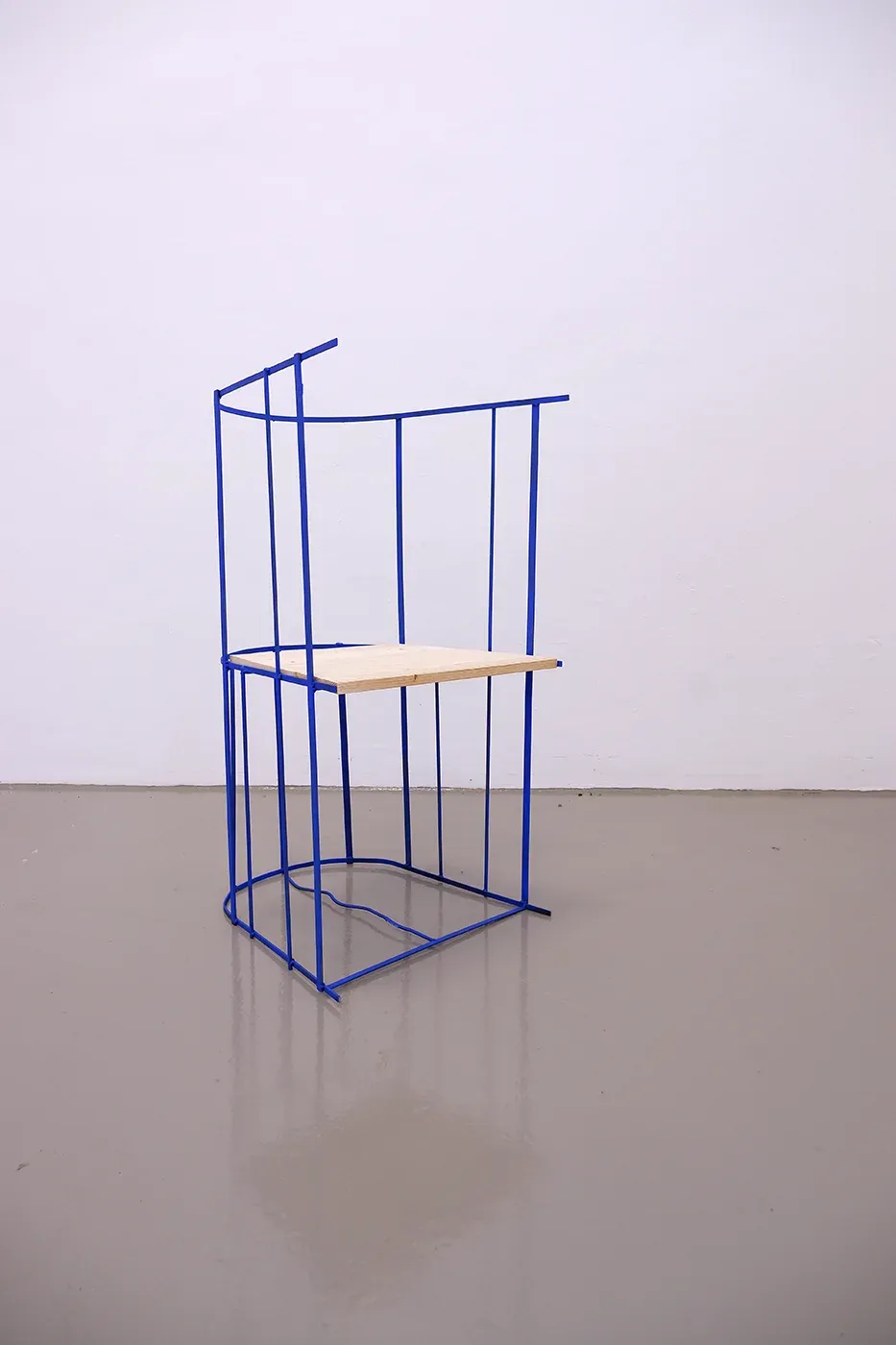
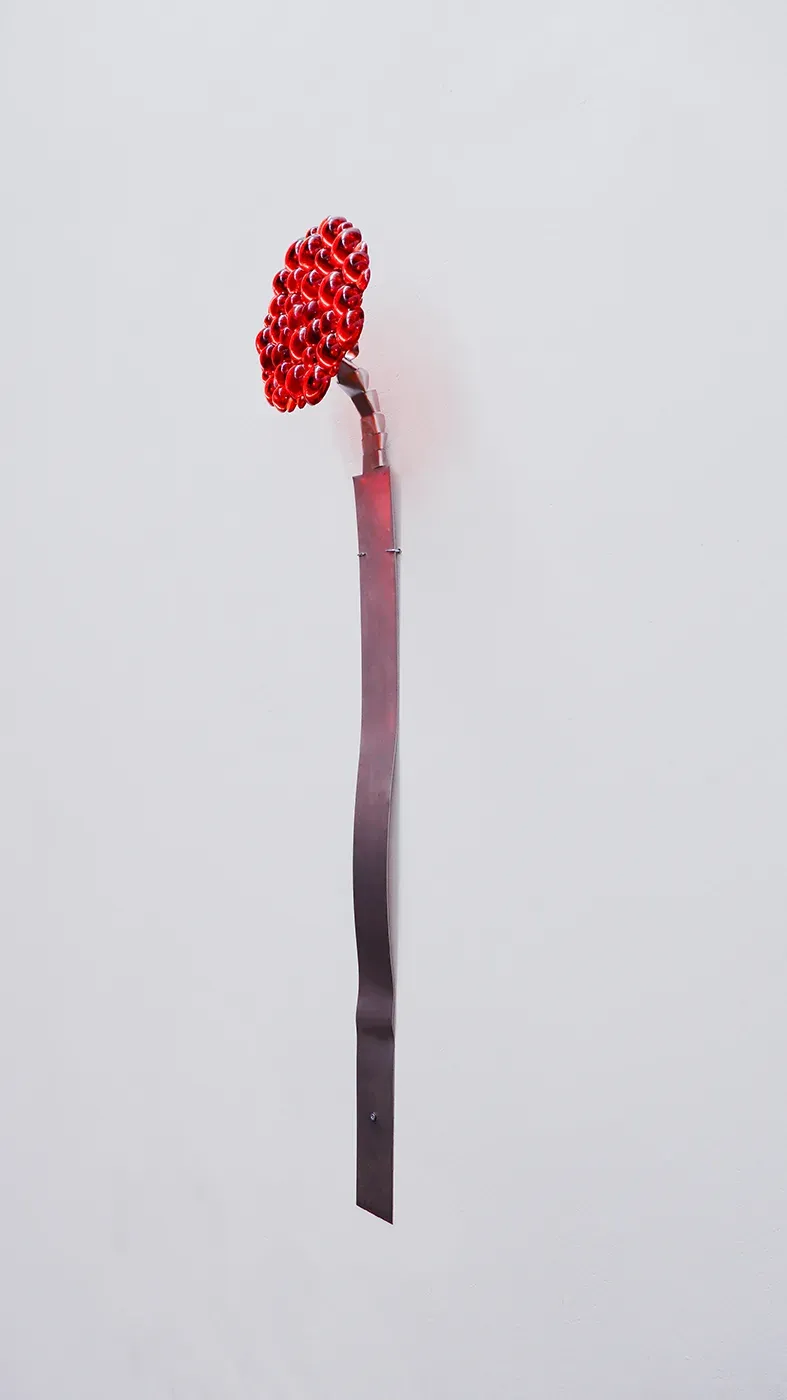
Natalia Gurova: Chair of references, metal, wood, 100x50cm, was part of vienna design week with support of @kulturgemma @1m2collective and right -> “Gifts”, mixed media, dimensions variable
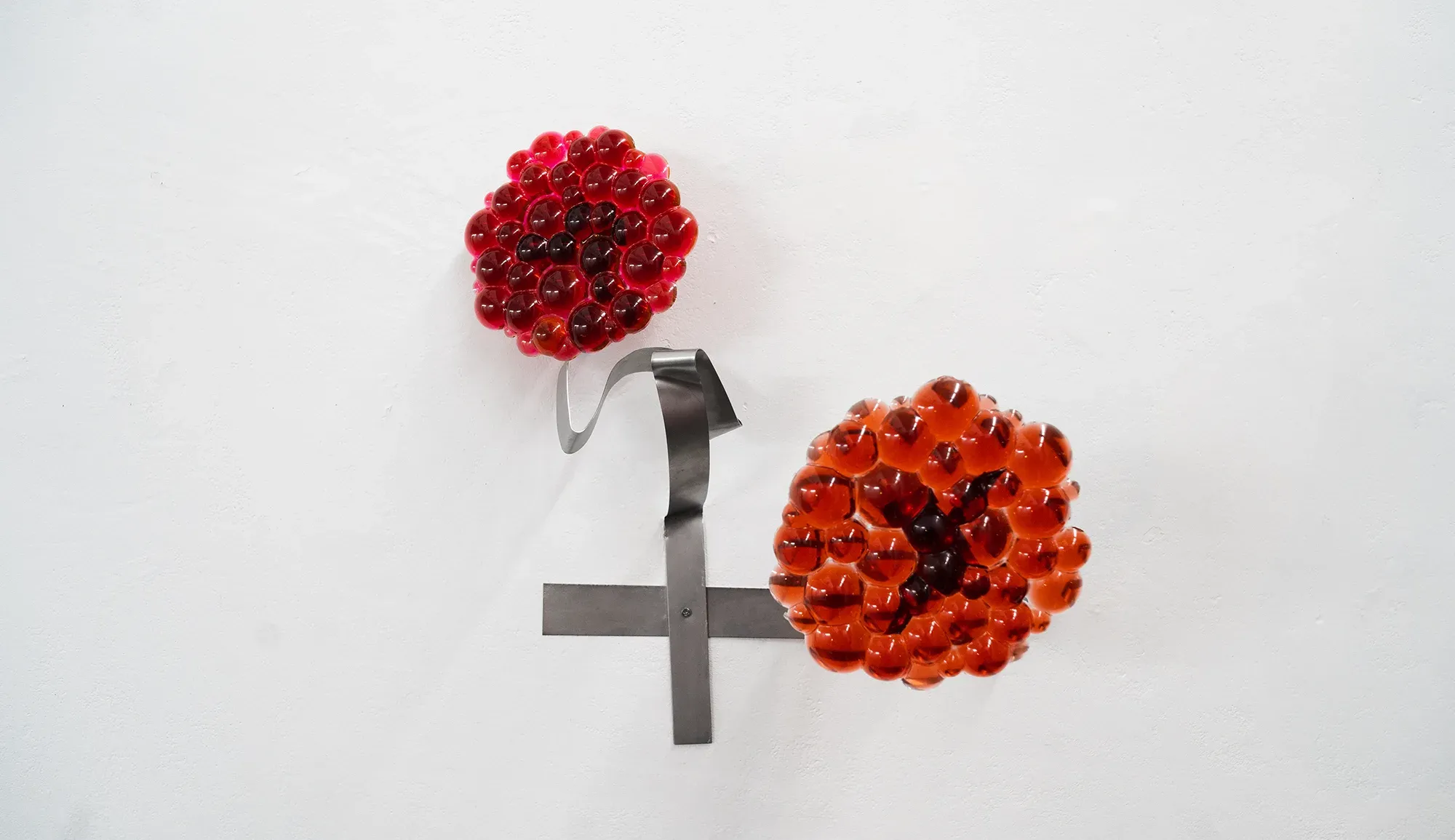
Her navigation of multiple cultural influences is evident in her work, which often explores themes of identity, belonging, and cultural heritage.
Her background in journalism and education in Moscow and Vienna provide her with a unique lens to interpret the world, resulting in art that is both deeply personal and universally resonant.
Final Words:
Natalia Gurova's transition from journalism to art highlights the potency of multidisciplinary practice in crafting meaningful, thought-provoking works.
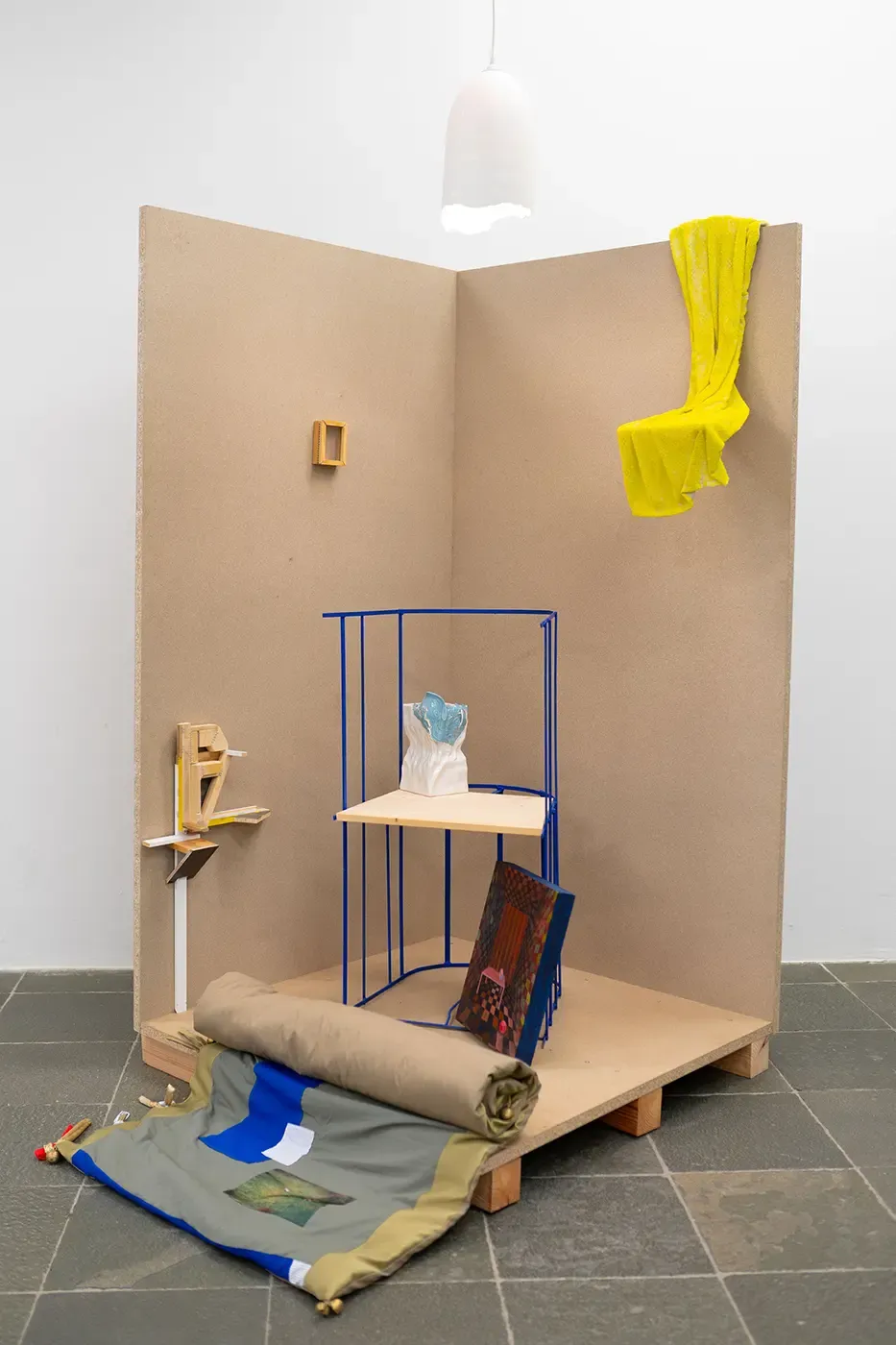
The installation was presented in the frameworks of Vienna Design Week as collaborative project with with Mila Balzhieva, Aleksandra Bulgakova, Bartosz Dolhun, Neda Nikolic, Tanya Shtykalo, Mariia Yeroshkina and Natalia Gurova:
Liquid House revolves around issues of historic and cultural identity as well as aspects of the (in-) accessibility of resources and formal and informal structures and networks.
Through the open call Natalia selected 6 people with different backgrounds and different migration and life biography with whom together developed the exhibition consisting on furniture designs that express financial, institutional, social, or political restriction – as metaphors in the form of an object.
The metal objects that she created and included in the installation show the fragility of the human condition caught in a bureaucratic vise. The things are made using metal remnants from other pieces of furniture and found elements, as well as historical references to famous designers of the past.
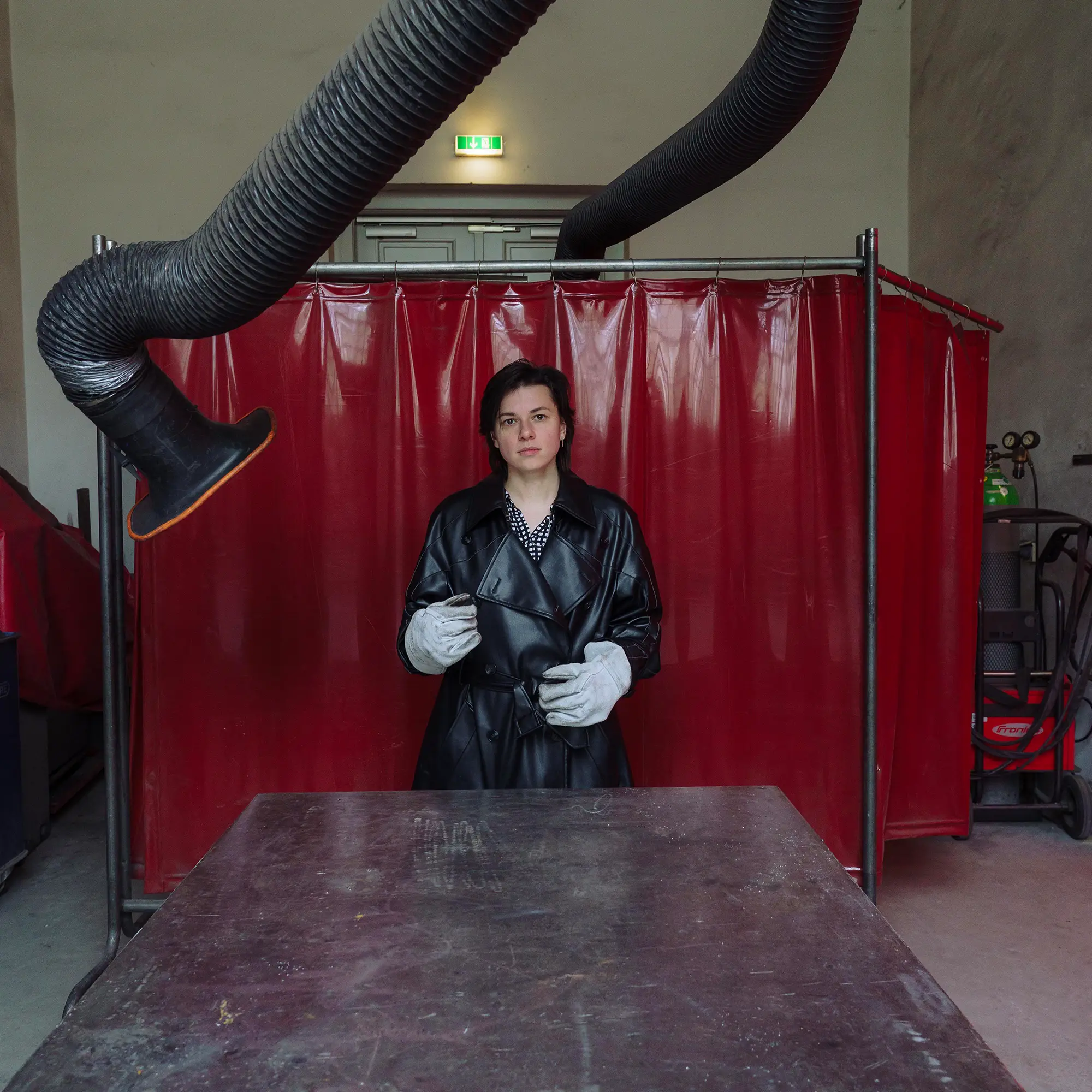
Her ability to merge various techniques and themes, alongside her rich cultural heritage, positions her as a compelling figure in the contemporary art world.

Natalia Gurova: official Website

More to discover -> Artist you have to watch -> Read more


